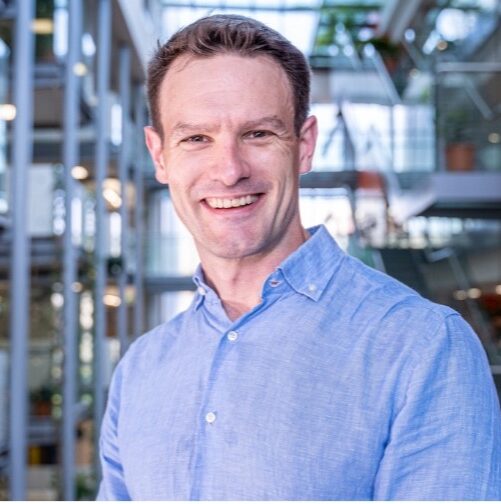A Risky World: Teaching Students about Gains, Losses, and Risky Choices
Risk is an important aspect of many decisions in everyday life

Introductory and AP economics students often learn about risk in economics only through the idea of investment and compounding interest rates. But, in standard economic thinking there are many ways to consider how risk is an important aspect of many decisions in everyday life: whether and what kind of education to pay for, whether to invest in a new kind of technology, and when and whether to buy insurance. Short survey (and experimental) tasks that students do before or during class can demonstrate the variation people have in their preferences for risky choices. These tasks have been conducted in lab and field settings across the world and have been used to understand the choices people make in their everyday lives. When teaching these ideas, it is important to discuss with students how a person’s preferences are both about what they feel and think (good and bad) about a given choice which may vary across people, but also about the ways in which a situation can affect choices and how those choices can change in a different context. For example, a person who gains wealth will make riskier choices, whereas that same person will choose to make less risk when they have less wealth, as evidenced by the housing crisis in the US and other sudden losses of wealth in international data. We will also examine the behavioral economics of certain risky choices and limitations on the standard way of thinking about risk in economics, discussing loss aversion and fundamental uncertainty. We will show how thinking about risk transfers to other kinds of thinking, such as people’s attiudes towards inequality and the kinds of choices that people may make when confronted with different levels of inequality in society.
Location: Economics BRB 2.136
Simon Halliday is an Associate Professor in the School of Economics at the University of Bristol, UK and a Fellow at the Center for Advanced Study (CASBS) at Stanford University (2022-23). He has co-authored (with Samuel Bowles) an intermediate-level microeconomics textbook: Microeconomics: Competition, Conflict, and Coordination (OUP, 2022) and works in economics education, behavioral and experimental economics, and economic development. Simon is also the co-leader of the enCOREage Project. In a new textbook, Understanding the Economy, the enCOREage team will introduce content that draws students in because it addresses societal problems students care about while building employability skills, belonging, and inclusion into the curriculum.
